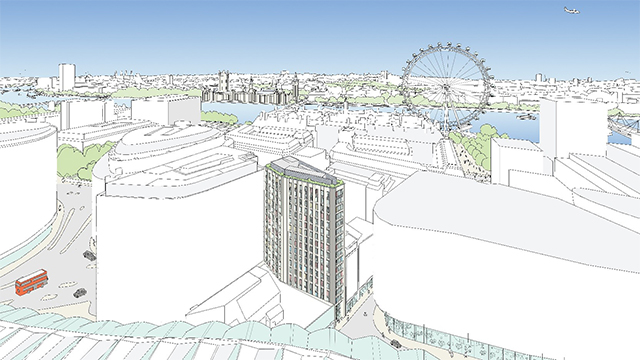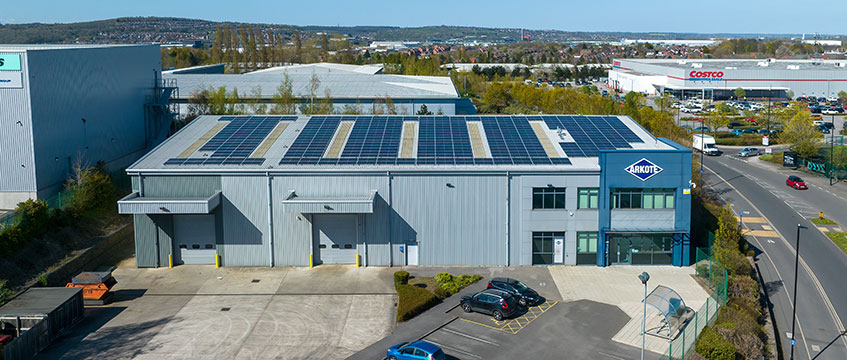WiredScore has expanded into 12 new locations across the Nordics, central and eastern Europe and will focus on growing its WiredScore Home certification across the region in response to hybrid working.
The company behind the WiredScore and SmartScore rating schemes will roll out its WiredScore Home certification across multi-family and purpose-built student accommodation assets throughout western Europe.
The 12 new locations are Austria, Czech Republic, Denmark, Finland, Greece, Hungary, Norway, Poland, Romania, Slovakia, Sweden, and Switzerland.
With a specific focus on France, Germany, the Netherlands and Iberia, the ambition is to tap into growing demand for better-connected buildings beyond traditional office spaces as the world of work shifts and becomes more flexible.
The move comes off the back of research commissioned by WiredScore. Figures revealed in its Live.Work.Connect report show that more than half of Europeans believe their home internet connectivity is better than that of their office or university space. This has, in turn, sparked a need for more reliable connectivity within both the multi-family/student accommodation sectors and the offices sector as traditional work locations are no longer a given.
Speaking exclusively on an EG podcast, WiredScore president and managing director William Newton (pictured) said: “Historically, previous plagues have made labour scarce and they have significantly reduced demands… most people in the economy suffer terribly during times of a global pandemic but that hasn’t been true in the same way over the last year and a half because of the incredible global connectivity underpinning regular and meaningful remote work.
“It has allowed us to continue to be productive. But we are looking now about what this means in the future and we don’t think this was a temporary shift. This is a new way of work and a better, more constructive way for people to live their lives. We are now incredibly well set up for remote work and landlords should be thinking very carefully about setting it up for people who want it.
Newton added: “Prompted by the pandemic, the real estate industry has had a wake-up call over the course of the past two years: adapt or you will fail to keep up. In order to sustain this new paradigm in the built environment, user outcomes must be placed at the core of everything we do, with technology acting as an enabler.
“There has never been a more critical time for landlords to work hand-in-glove with the companies and people who occupy their buildings to ensure that demands for digital connectivity are being listened to. Our hope is that by providing a globally recognised benchmark by which to measure, landlords will be able to take advantage of user-focused outcomes that their buildings are capable of delivering.”
RICS head of property standards Paul Bagust added: “Our industry is in the midst of a dynamic period of change today. Old models are being redefined and approaches reimagined. Buildings must adapt to this challenge to become more sustainable and, critically, we must be able to measure performance by becoming more technology and data-centric.”
For more on the expansion and the importance of connectivity across a number of key assets to facilitate and support effective hybrid working, tune into EG’s podcast with WiredScore’s Newton and George Dyer, head of divestment and asset management at BTR and student accommodation developer Watkins Jones.
To send feedback, e-mail emily.wright@eg.co.uk or tweet @EmilyW_9 or @EGPropertyNews











